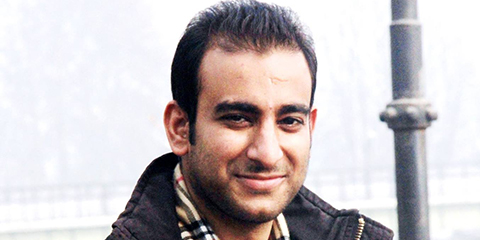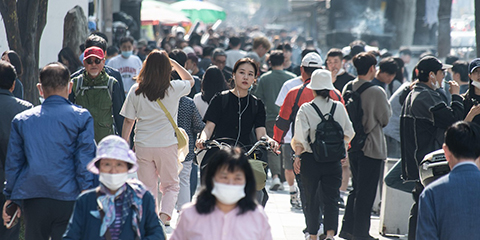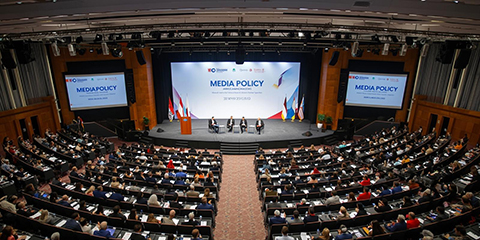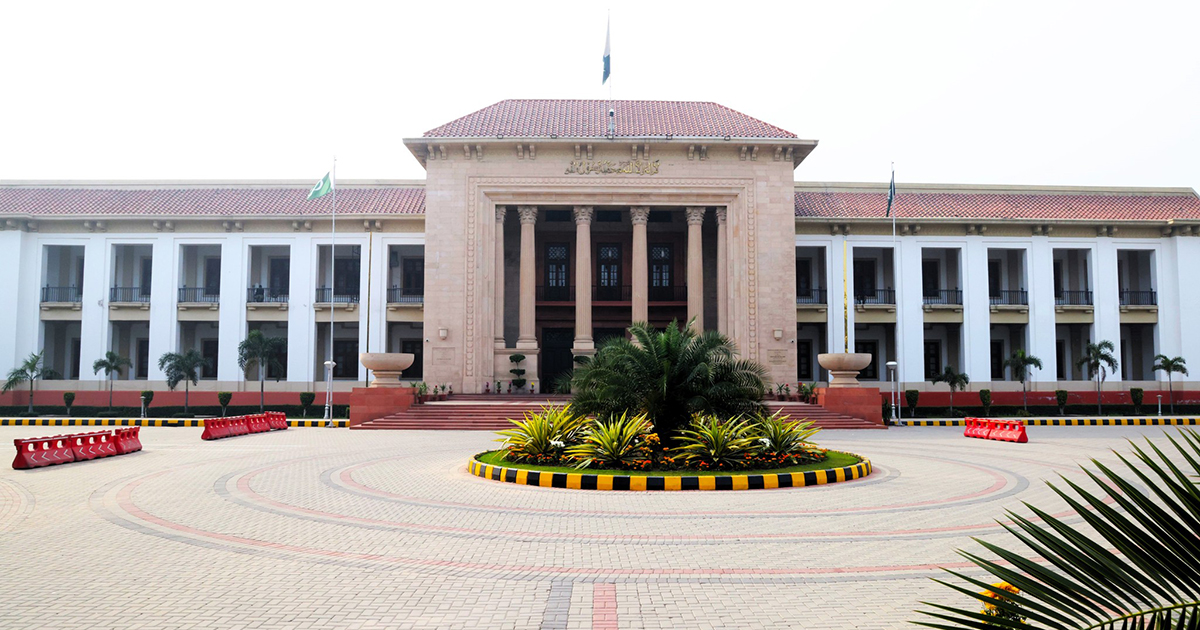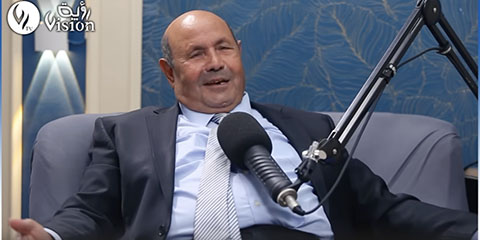How social media is transforming traditional news outlets in Asia
JournalismPakistan.com | Published last year | Tariq Ali
Join our WhatsApp channel
ISLAMABAD—The rapid rise of social media has significantly impacted traditional news outlets across the globe, and Asia is no exception. As more people turn to platforms like Facebook, Twitter, and Instagram for news and information, traditional media organizations are facing unprecedented challenges. This shift is transforming the way news is consumed, produced, and disseminated in the region.
Changing Consumption Patterns
Social media has revolutionized news consumption patterns in Asia. With the proliferation of smartphones and affordable internet access, millions of users can now access news in real time. This immediacy has led to a decline in newspaper circulation and television viewership, as audiences prefer the convenience and speed of social media updates.
New Avenues for News Delivery
Traditional news outlets in Asia are adapting to these changes by establishing a strong online presence. Many have launched their own social media channels, where they share news articles, videos, and live updates. This strategy not only helps them reach a broader audience but also allows for more interactive and engaging content.
Challenges and Opportunities
While social media offers numerous benefits, it also presents significant challenges for traditional news outlets. The competition for attention is fierce, with social media algorithms favoring sensational and viral content. This often results in the spread of misinformation and fake news, undermining the credibility of established news organizations.
However, the digital shift also presents opportunities for traditional media. By leveraging social media analytics, news outlets can gain insights into audience preferences and tailor their content accordingly. Additionally, social media platforms provide a space for investigative journalism and in-depth reporting, which can help traditional media regain their authority and trust.
The Future of News in Asia
As social media continues to grow, the relationship between traditional news outlets and digital platforms will evolve. Collaboration and adaptation will be key to survival. Traditional media must embrace digital transformation and innovate to stay relevant in the fast-paced media landscape of Asia.
The impact of social media on traditional news outlets in Asia is profound and multifaceted. While it poses challenges, it also offers opportunities for growth and innovation. By understanding and adapting to these changes, traditional media organizations can continue to play a crucial role in informing and educating the public.
About the author: Tariq Ali is a freelance journalist. He specializes in digital media trends and their impact on traditional journalism.





